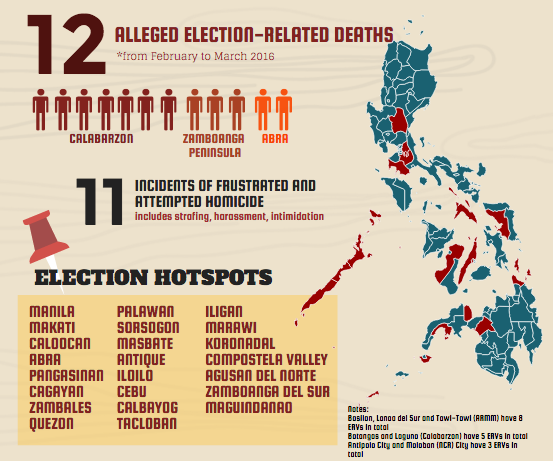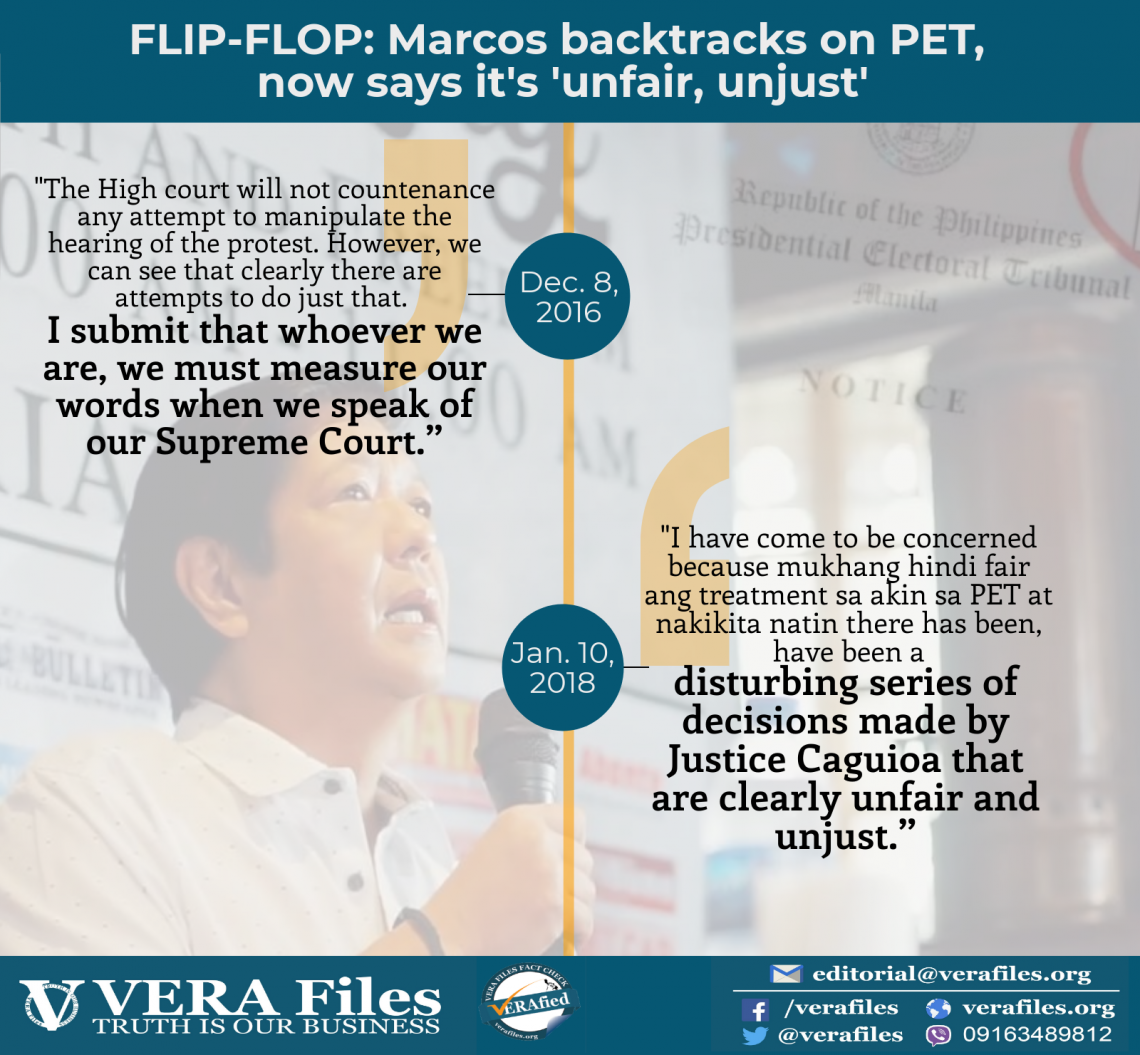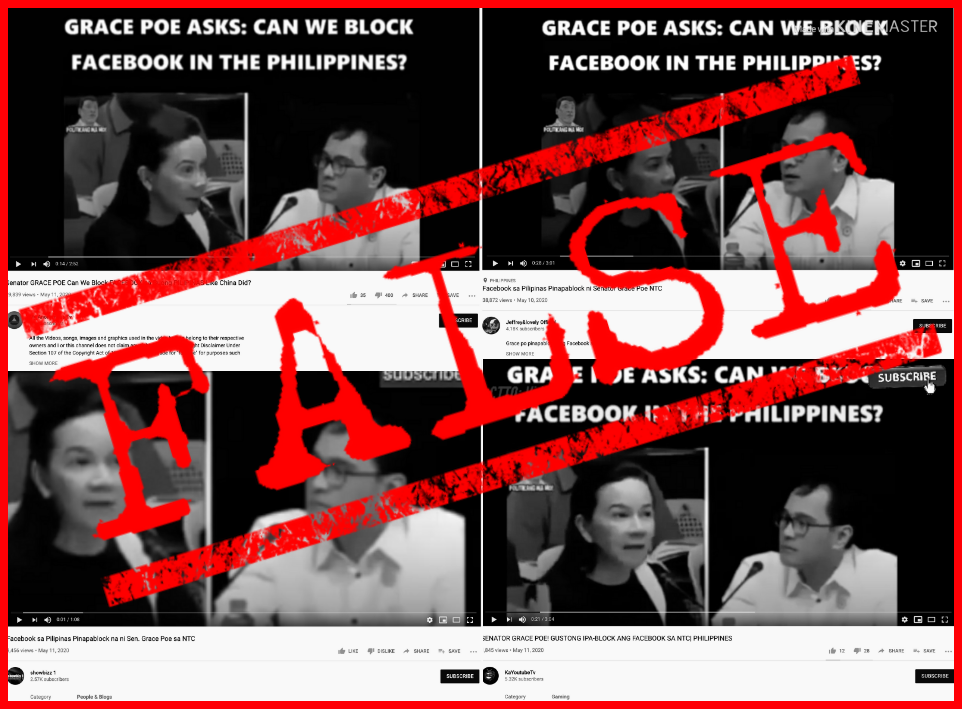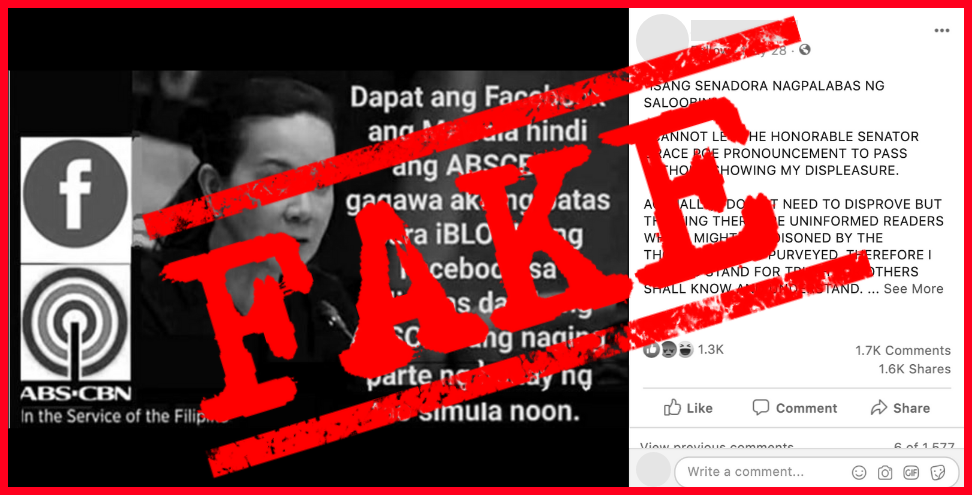By MARIA FEONA IMPERIAL
DESPITE getting the high court’s nod to run as president, Senator Grace Poe continues to be hounded by issues on her citizenship.
This was evident as she lost her cool Sunday, when her allegiance, particularly her supposed renouncement of her Filipino citizenship, was questioned by Vice President Jejomar Binay during the Visayas leg of PiliPinas Debates.
A headstrong Poe traded blows with Binay, and while the senator hinted at the vice president’s alleged plunder of government assets, she evaded the citizenship issue.
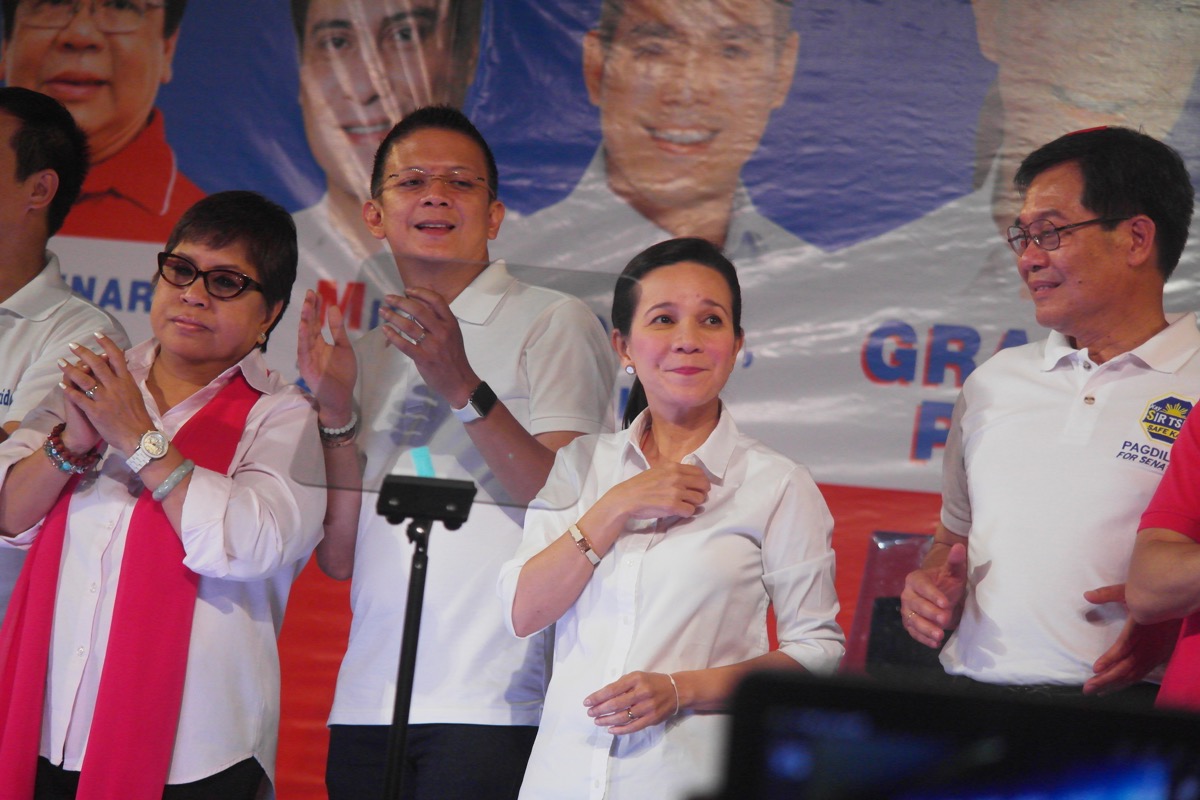
But the senator seems to have found an ally with a United Nations agency which recently called the Supreme Court’s landmark decision “a victory for foundlings.”
On Thursday, days before the debate, the UN High Commissioner for Refugees (UNHCR) in the Philippines said the high court’s decision favored foundlings as citizens, who are denied their basic rights such as freedom of movement, access to education, social services, employment and own property.
The UN agency estimates 10 million people around the world don’t have any clearly defined link to an established nationality.
The move, UNHCR said, is a “shining example of humanitarianism in taking concrete steps to reduce statelessness in the region.”
Lawyer and former poll chief Christian Monsod, however, thinks otherwise.
“(I)t was not a victory for foundlings. It was a victory for a foundling, who wants to be recognized as a natural born citizen in order to run for president,” Monsod, one of the authors of the 1987 Constitution, told VERA Files in a phone interview.
If at all, the decision was “controversial,” using emotional appeal on the foundling argument and the probability of Poe having Filipino parents.
The former poll chief said via text that, “the SC should revisit its arguments because it has far-reaching implications beyond the natural-born status of a foundling who wants to be president, as pointed out by Justice AJ del Castillo in his dissent.”
Voting 9-6, the Supreme Court ended on March 8 Poe’s cliffhanger race, granting her petition against the Commission on Elections and lawyer Estrella Elamparo on citizenship and residency.
“In sum, all of the international laws and conventions and instruments on the matter of nationality of foundlings were designed to address the plight of a defen(s)eless class which suffers from a misfortune not of their own making,” the high court said in a 47-page decision.
International law dictates that foundlings are entitled to a nationality and are presumed to be citizens of the country where they are found, the SC said.
Among the international laws cited by the high court is the Universal Declaration of Human Rights (UDHR), which says everyone has a right to a nationality and no one shall be arbitrarily deprived of his or her nationality nor denied the right to change it.
In addition, the Philippines, as a signatory to the UN Convention on the Rights of the Child (UNCRC) and the International Covenant on Civil and Political Rights (ICCPR), is mandated to provide for the right of every child to acquire a nationality, the SC said.
“The common thread of the UDHR, UNCRC and ICCPR is to obligate the Philippines to grant nationality from birth and ensure that no child is stateless,” the high court argued.
But Monsod maintained the SC used the appeal for the right of a foundling in order to go beyond what is asked by international laws to qualify somebody as a natural-born citizen.
The right of a foundling to a nationality is secured under the Philippine Constitution through a process of naturalization, Monsod said. International conventions, meanwhile, do not require nor confer automatic nationality at birth of a person of unknown parents.
“That is a right of every independent country to determine by its own laws,” he said.
There is no mention of natural-born status in international laws, Monsod said, but only nationality.
In 1968, Poe was found abandoned as a newborn infant in the parish church of Jaro, Iloilo. Three days after, she was registered as foundling by a certain Emiliano Militar.
When she was five, Poe was adopted by celebrity spouses Fernando Poe, Jr. and Susan Roces in San Juan City.
Besides the foundling argument, the high court also resorted to the probability of Filipino parents argument, Monsod said.
Earlier, the Office of the Solicitor General said “denying full Filipino citizenship to foundlings and rendering them stateless just because there is a theoretical chance that they are children of foreigners is downright discriminatory, irrational, and unjust.”
But in Philippine laws, however, a natural-born status can only come from a blood relationship, under the principle of jus sanguinis. At least one parent must be a Filipino, Monsod pointed out.
By assuming that Poe’s biological parents are Filipinos, the SC brought, in effect, the jus soli principle, which confines citizenship on place of birth.
In addition, Monsod said a natural-born status, which is required for the presidency, means somebody from birth.
“Natural born citizenship was not be interrupted,” he said. In Poe’s case, however, it was interrupted when she renounced it in 2001.
This was earlier pointed out by Elamparo, who also said Poe is not qualified to apply for reacquisition of citizenship since she is not a Filipino citizen to begin with.
“While we allow dual citizenship, we disallow dual allegiance,” Monsod said, pointing out that allegiance is one of the attributes of citizenship.
“(W)e cannot have a president with dual allegiance,” he added.

